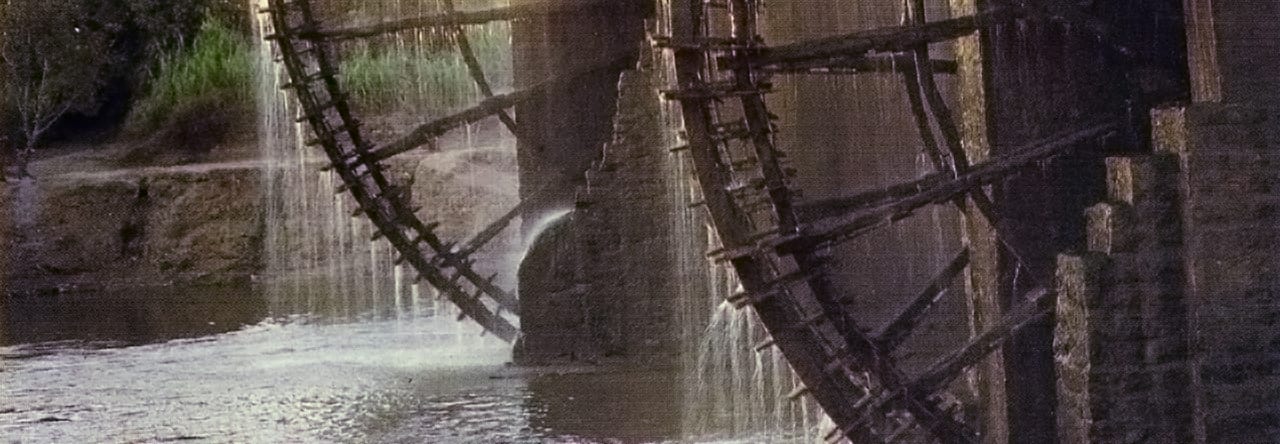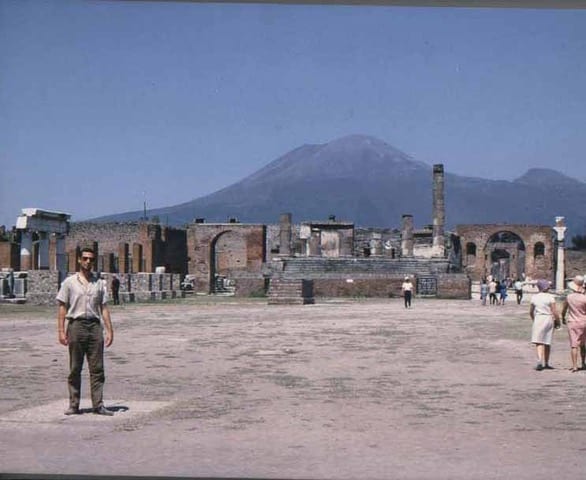What’s Research Got to Do with It? ![]()
Prelude to Protectorate in Morocco: Precolonial Protest and Resistance, 1860-1912 (Chicago, 1974), the subject of my 1970 Princeton dissertation, provided the definitive history of “the Moroccan side of the Moroccan Question” (the latter being a European diplomatic row over which state would colonize Morocco). It was based upon British, French and German archives, and published works in Arabic, French Spanish, Italian and English, as well as numerous interviews with some of the surviving principals, Moroccan, French and British.
In the interim between completing the dissertation and publishing the book, I was hired by the University of California, Santa Cruz in 1968. At UCSC I was introduced by colleagues to the work of Eric Wolf, Barrington Moore Jr., and Charles Tilly (among others). This set me off on the study of social movements. A series of published and unpublished essays and edited books in this category followed. (See Publications: Social Movements).
In researching the dissertation I spent many hours in the Bibliothèque Générale in Rabat. While waiting for books to be delivered, I began reading the bound volumes of Archives marocaines, which lined the walls of the reading room. What followed was a revelation, for the early volumes were filled with social history of rural Morocco dating from before the Protectorate (1912). It got me out of the military and diplomatic views of Morocco and into thick descriptions of Moroccan rural life. In the process it introduced me to a second subject: the representation of colonial peoples by Western observers.
At the time, the subject was quite new, at least to Americans, though French and North African Marxists had developed something they called “de-colonizing history.” Almost simultaneously with the publication of Prelude, I began publishing a series of essays critiquing the social representation of Morocco, and the role of power and race in fogging the lens.
This aspect of my writing eventually led to dozens of published and unpublished essays, several books, and a life-long fascination with “Orientalism and Power” (for more on this, see Publications: Orientalism & Empire). I am currently completing a major book on what I call “France and the Sociology of Islam”.
A third topic happened my way when I was assigned to write a major review of Marshall G. S. Hodgson, The Venture of Islam: Conscience and History in a World Civilization 3 vols. (Chicago, 1974). One result was that I began teaching the history Islamic civilization (in two quarters) to upper division students. The course introduced them to the joys and challenges of this unjustly forgotten seminal thinker. Over the years, I wrote a dozen essays, and edited two books on Hodgson. (See Publications: World History/Marshall Hodgson).
Increasingly unsatisfied by the textbook driven teaching of the history of the modern Middle East, I began to invite friends and colleagues in the Middle East field to write essays on the lives of ordinary Middle Eastern men and women. I had the thought that by confronting the textbook with the lived lives of individuals a deeper understanding of Middle Eastern realities might result. I gathered them in Struggle and Survival in the Modern Middle East (California, 1993) which is now in its second edition. I also wrote several portraits of historical Middle Eastern individuals. For more on this subject see Publications: Struggle & Survival in the Middle East.
Part of the intellectual surprise of teaching Hodgson is that it made me a teacher of world history (that and the influence of my friend and colleague, David Sweet). Until the waning days of my career, I taught a two quarter upper division lecture course for history majors.
Responding to a felt need, I also launched a graduate seminar for Ph.D. students which covered the same material at a graduate level (but required attendance at the undergraduate lectures). This two quarter graduate world history sequence became the basis of the graduate world history track in the History graduate program.
Over the years I wrote a series of essays on Islam in world history, before launching off more directly into more general world history subjects.
In the 1990s, influenced by the ideas of Australian historian David G. Christian, the developer of “Big History” I began teaching (with my colleague Mark Cioc) a version of this course, “Introduction to Global History,” which went through six iterations.
Subsequently I became involved in an initiative funded by NEH to develop an online curriculum for world history for classroom teachers. It is described more fully below. It was launched under the title of World History For Us All. See also the essays and books gathered below at Publications: World History/Marshall Hodgson.
Teaching Big History at UCSC got me interested in the impact of the environment on world history. Starting in the late 1990s and early 2000’s I wrote a number of papers, articles and co-edited books on the environment and world history. (See Publications: The Environment and World History).
More or less at the same time I returned to my long term interest in the comparative history of the modern Middle East. Struck by the parallels in the development of Mediterranean Europe and the Muslim Mediterranean, I began writing a series of essays that developed into a project on the History of the Modern Mediterranean in Comparative Historical Perspective, 1400-1950. Several dozen essays later, it seems as though they might give rise to a book. See the work gathered as Mediterranean History.
What’s next? It could be a book on “Production and Consumption in World History” which I taught as a course in the new century.

